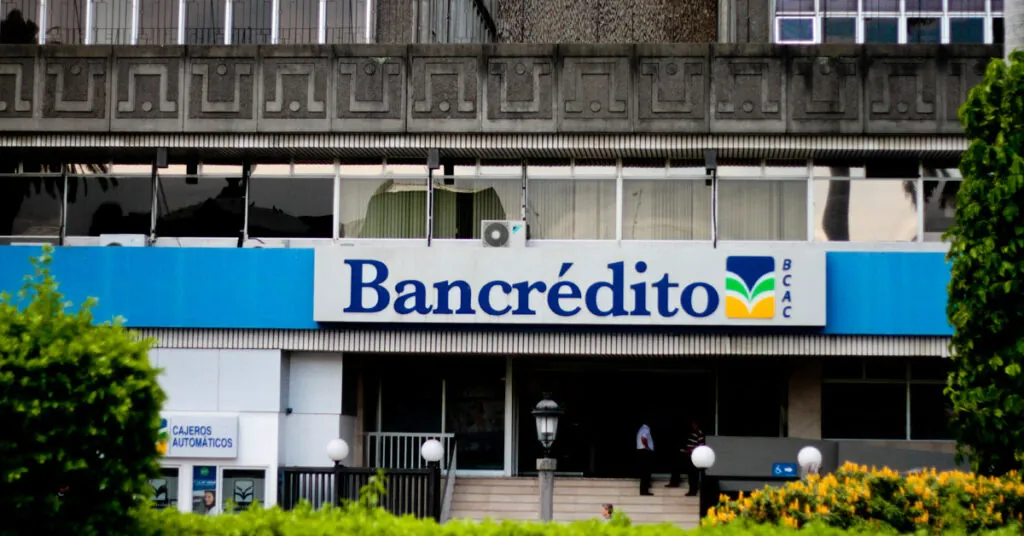September 22, 2025
Bancrédito Holding has repaid depositors in full, yet the bank’s liquidation process remains unresolved, raising legal and regulatory questions over transparency and asset handling.

Bancrédito International Bank & Trust Corporation, once a key private banking institution in Puerto Rico, has reached an important milestone by paying back all of its depositors in full. Despite this achievement, the liquidation process of the institution remains stuck in limbo, sparking concerns about transparency, governance, and accountability in one of Puerto Rico’s most closely watched financial wind-downs.
According to Bancrédito Holding Corporation (BHC), the bank’s sole shareholder, depositors and trust beneficiaries have been fully repaid, a critical step that was expected to clear the way for the liquidation process to conclude. However, years after the Financial Crimes Enforcement Network (FinCEN) imposed a $15 million penalty on Bancrédito for alleged Bank Secrecy Act (BSA) and anti-money laundering (AML) violations, the wind-down of the bank remains unresolved.
The institution is currently under the oversight of Driven Administrative Services, LLC, the entity appointed as trustee and liquidator. BHC has alleged that Driven failed to meet its fiduciary responsibilities in the liquidation process. According to court filings, the holding company claims that Driven mishandled assets—including a valuable art collection worth more than $22 million—and acted without sufficient transparency in managing Bancrédito’s remaining resources.
The dispute stems partly from the Consent Order signed with FinCEN in 2022, which Bancrédito argues was based on faulty legal advice from several major law firms. While criminal charges against Bancrédito’s founder, Julio Herrera Velutini, have largely been dismissed, the regulatory settlement remains a contentious legacy for the bank and its stakeholders. BHC has filed multiple lawsuits, not only against Driven but also against its former legal counsel, alleging professional negligence and malpractice that worsened the institution’s predicament.
Despite the repayment of depositors, the liquidation continues to stall amid ongoing litigation. This has left Bancrédito in an unusual state: an institution that has met its obligations to depositors but cannot close its books or return residual value to shareholders due to unresolved legal disputes.
Observers note that the case highlights deeper systemic questions about how Puerto Rico manages bank liquidations. Critics argue that the extended limbo undermines trust in the island’s financial regulatory framework, while supporters of stricter oversight insist that careful scrutiny is necessary to prevent regulatory breaches and ensure compliance with U.S. federal standards.
Bancrédito’s leadership maintains that its reputation has been unfairly damaged and that the institution’s name has been dragged through unnecessary controversy. The company continues to press for accountability, insisting that the drawn-out process has caused reputational harm, financial losses, and frustration for stakeholders who expected a swift resolution once depositors had been repaid.
As litigation moves forward, the question remains: what is preventing Bancrédito’s liquidation from reaching its conclusion? For now, the case sits at the crossroads of regulatory enforcement, legal accountability, and financial governance, serving as a cautionary tale for banks and law firms alike.